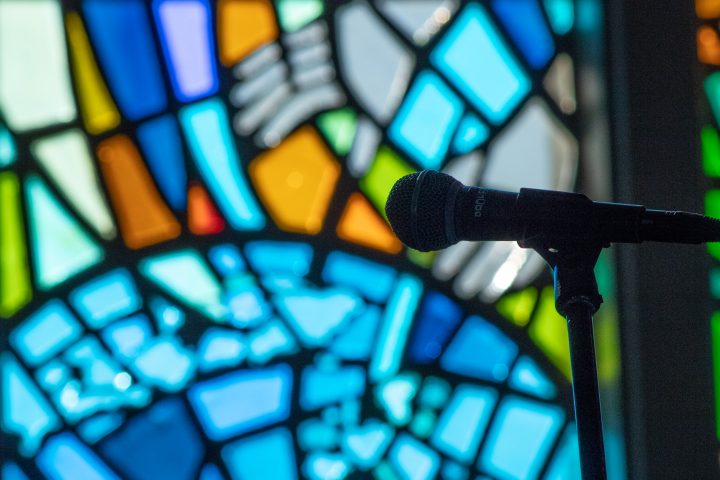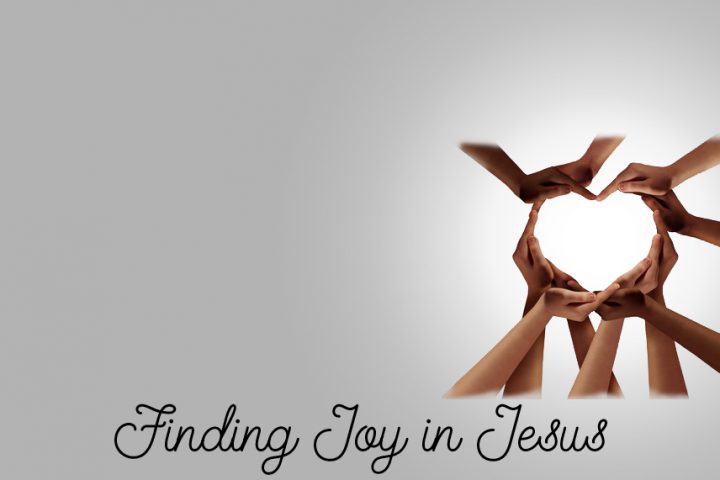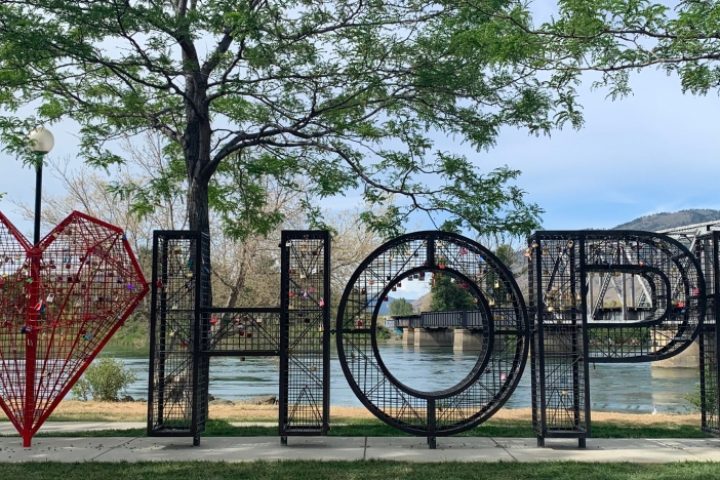Subscribe with iTunes, Google Podcasts Or, paste the feed URL into your favorite podcast reader (https://pbcc.org/feed/sermon-podcast/).
A Blueprint for Revival
John 17:20-26
In John 13-16 we have Jesus teaching and training his disciples to go out in the world and represent him. But in John 17, Jesus starts to pray aloud, so his disciples hear him. This is one of the most astonishing passages in the Bible. At one level it’s astonishing because it is an extended conversation inside the triune God, an actual conversation between the Son and the Father. It’s also true that Jesus is, so to speak, on his deathbed, and having been at the bedside of many people right before they have died, I can tell you that people who are dying are not really interested in small talk. They go right to what is most important to them. And that is true here as well. And when we look at this prayer in its entirety, we see the main thing that he has on his mind and heart as he is about to die is us, the church. He prays for a number of things for us in this chapter. This Sunday we will focus on one of those things as we look at the final 7 verses of that prayer.
Abundant Provision
John 6:1-21
As we come to John 6 this week, we are confronted again with our view of God. Jesus goes back to Galilee during Passover, where he finds a great crowd following him. He has compassion on the crowd and feeds them using a small lunch, then collects 12 baskets of leftovers. Jesus seems to be connected to a world of great abundance. Are you connected to this world? Is the God you serve a God of abundance or scarcity? Join us in person for Mornings Together or on our live stream as we explore this well-known text.
Communion
At the end of Sunday’s service we will again take communion “together.” For those of you at home, I invite you to prepare elements ahead of time which represent the body and blood of Jesus (the elements do not need to be special). For those of you at Mornings Together, we will serve pre-packaged elements to you.
Jesus on Trial
John 5:31-47
The Jewish Authorities have begun prosecuting Jesus on charges of blasphemy because he is “making himself equal with God” (5:18). In turn, Jesus has entered his defense. He and His Father are working together in dependent unity. Some of this work includes giving life and pronouncing judgment, quite audacious claims for any human to make. As you can imagine, everyone standing there would be asking Jesus for evidence for these audacious claims. Knowing this, Jesus now calls to the stand three witnesses for his defense, but also offers a closing argument rebuking these authorities. In the end, we must give our verdict. Will we pronounce Jesus innocent or guilty?
Who Does He Think He Is?
John 5:19-30
After healing the lame man in John 5:1-18, the Jewish authorities begin to bring formal charges against Jesus because he is “making himself equal with God” (5:18). In our extraordinary text this week, Jesus begins his defense of his actions. This is Jesus’ longest exposition on his relationship to his Father, including the authority that his Father has given him to bestow life and render judgment. The culmination of these verses is the Gospel where Jesus invites all people to believe in him and move from death to life, a movement that can happen right now. In these breath-taking verses, Jesus makes himself the core decision for all people for all time. So, what will you do with him?
Do You Want to Get Well?
John 5:1-18
We begin a new section in the Gospel of John this week. In these middle chapters of John, by what Jesus says and does, he sets himself apart from any other person who has ever lived. To begin, he heals a man who was lame for 38 years. Before he heals him, though, he asks him a curious question: Do you want to get well? Instead of answering the question, the man seemingly responds with complaints and excuses. It’s a good question for us to consider. Do we want to get well? Jesus, God with us, stands at the door and knocks, and offers us living water. Do we really want to get well?
Your Son will Live
John 4:43-54
At the end of his Gospel, John tells us that he has written his masterpiece so that ““you may believe that Jesus is the Christ, the Son of God, and by believing you may have life in his name” (John 20:31). In these early chapters of John, we have seen several people come to genuinely believe in Jesus. His mother and disciples in chapter 2 and the Samaritan woman and the Samaritan townspeople in chapter 4. This week, we see Jesus, the Word, speak but a word (actually 5 words) to a desperate father, and the question is – will this man genuinely believe Jesus’ words or not? Join our livestream this week as we explore what genuine faith in Jesus, the Word, looks like.
Communion
At the end of Sunday’s service we will again take communion “together” while apart. I invite you to prepare elements ahead of time which represent the body and blood of Jesus (the elements do not need to be special). If you attend Mornings Together, we will serve pre-packaged elements to you.
What is Love?
1 Corinthians 13
What is Love? It’s a question many ask, but few find an answer that will sustain them through all the messy realities of life. Paul’s words to the Corinthian church are that answer because Paul wrote them to a church who did not love each other. And although we often confine these words to areas where we feel love (reading them at weddings or hanging them in our family room), they actually have a much broader scope. Come join us as we discover (or rediscover) the Love that is big enough for any situation!
The Woman Who Became a Well
John 4:27-45
“How beautiful are the feet of those who preach the good news” (Is 52:7). Evangelism. Sometimes we hear that word and immediately we cringe. Unfortunately the word is heard negatively these days. But, we shouldn’t cringe with this word, for evangelizing is simply “good-news-izing,” telling people in word and deed the amazingly wonderful good news of Jesus. This is exactly what the woman at the well did. She met Jesus, was loved by him, then turned around and loved her neighbors by sharing the amazingly wonderful good news. What can we learn about this essential element of our faith from this woman at the well who became a well? Join our live-stream this Sunday to complete our studies in this profound scene.
Worship in Spirit and Truth
John 4:19-26
This Sunday we will enter back into John, and enter back into the Samaritan woman at the well scene. Near the end of the conversation with Jesus, the woman asks about worship. Jesus has just told the woman her story, exposing the skeletons in her closet. He does this not to shame her but to show her that he loves her regardless of her skeletons. This causes the woman to want to worship. Jesus then explains what authentic worship in spirit and truth means. Since we are designed to worship, this text is fundamental to what it means to be human. Join the live-stream this Sunday to explore this important theme.
Body Life
1 Thessalonians 5:12-28
Christians are not just individuals in relation to God but part of God’s family. We belong to a community that stretches through time and space: one holy, catholic and apostolic church. We should also belong to a local group of God’s people, a local church. Paul wrote his letters to specific communities or their leaders. In the final section of 1 Thessalonians he gives some instruction for the believers meeting together as a gathered community. At PBCC we are unable to gather in person, but are seeking to still be a gathered community through livestreamed services and Zoom meetings. We are seeking to maintain Body Life as a local expression of the Body of Christ.
Peace and Security
1 Thessalonians 5:1-11
The coronavirus has shaken people’s sense of peace and security, arousing fear and uncertainty. Some have asked if the pandemic is a sign of the End Times. And now the fires that rage all around us have turned the sun into darkness and the moon into blood. Is the Day of the Lord upon us? The Thessalonian Christians were wondering about “times and dates” of the end and were worried about how they would fare. What word of comfort does Paul give them? And how should we live today in such unsettling times?
The Communion of Saints
1 Thessalonians 4:13-18
The pandemic has brought months of enforced isolation. Loved ones have been dying in hospitals and nursing homes, isolated from family and friends, unable to feel a comforting touch as they pass. These family and friends are themselves isolated in their grief, unable to receive visitors to wrap them in a comforting hug. News had reached Paul that some Christians in Thessalonica had died, probably due to persecution. Unable to be present with those grieving to provide comfort, he wrote a paragraph in his letter to them (1 Thessalonians). This paragraph has prompted much speculation about end-times, including the supposed Rapture. But Paul intended it for comfort not speculation. He ends the paragraph, “Comfort one another with these words.”



